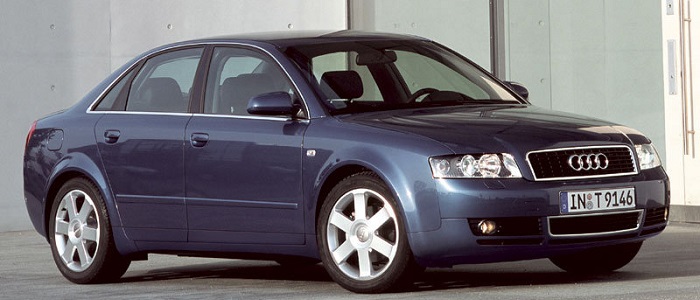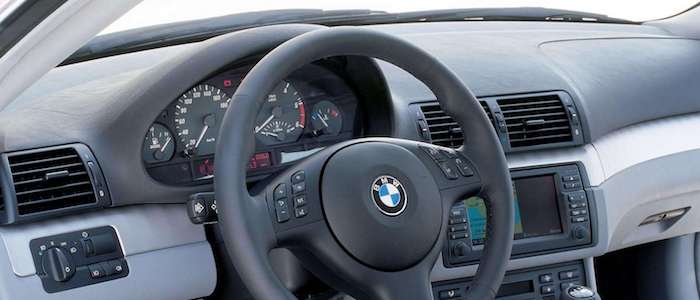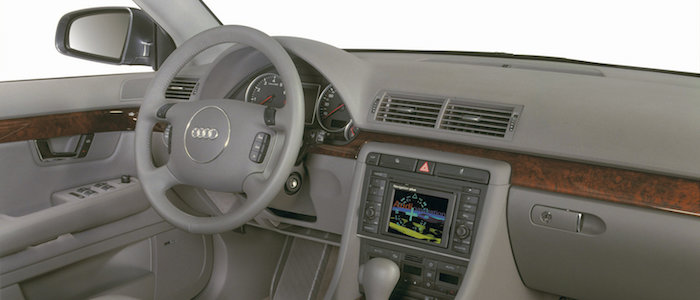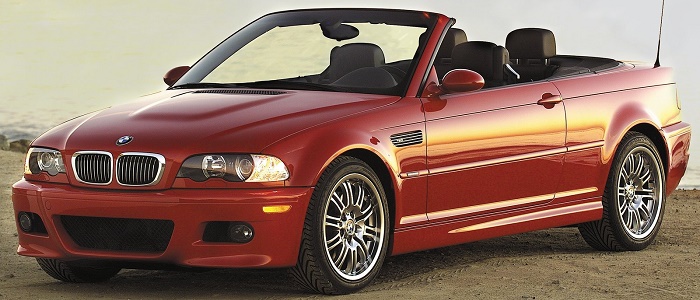Compare two cars
Compare any two cars and get our Virtual Adviser™ opinion
Dimensons & Outlines
Check vehicle history
Engine
Performance (manual gearbox)
Performance (automatic gearbox)
Expenses
Virtual Adviser's™ opinion
Well, these are two pretty similar cars we have here! It's only details that could potentially make the difference. Considering they both belong to the large family car segment and utilize the same 4-door sedan body style and the 4 x 4 wheel drive system, it all comes up to the specific diesel engine choice they offer. The first one has a BMW-engineered powertrain under the hood, a 6-cylinder, 24-valves 184hp unit, while the other one gets its power and torque from a 6-cylinder, 24-valves 180hp engine designed by Volkswagen.
SafetyThe first thing to look into here would be the results from European New Car Assessment Programme (Euro NCAP) tests performed on the two cars. Good thing is that both vehicles got tested, with the same number of safety stars gained in the process. That aside, let's consider some other aspects which affect safety. Both vehicles belong to the large family car segment, which is generally a good thing safety-wise, still it doesn't help us solve our dilemma, does it? Furthermore, when it comes to weight, a factor that most people underestimate, 3 Series offers a marginal difference of 2% more metal.
ReliabilityManufacturers have been building their reliability reputation for decades now and, generally speaking, it appears that both brands display similar results in faults and breakdowns, all the models observed together. That's the official data, while our visitors describe reliability of BMW with an average rating of 4.1, and models under the Audi badge with 4.2 out of 5. The same official information place 3 Series as average reliability-wise, and A4 is more or less at the same level.We should definitely mention that owners of cars with the same powertrain as 3 Series rank it on average as 5.0, while the one under the competitor's bonnet gets 3.5 out of 5.
Performance & Fuel economyBMW is a bit more agile, reaching 100km/h in 0.1 seconds less than its competitor. Still, it lacks the power to win the top speed competition, topping at 224 kilometers per hour, 1km/h less than the other car. When it comes to fuel economy things look pretty much the same for both cars, averaging around 7.7 liters of fuel per 100 kilometers (37 mpg), in combined cycle.
Verdict
BMW appears just a bit more reliable, although the difference is truly marginal. The most important thing when deciding between any two vehicles should always be safety, both passive and active. In my opinion, everything taken into account, 3 Series offers slightly better overall protection and takes the lead. When it comes to performance, both vehicles provide similar experience, so I wouldn't point any of them out. 3 Series still consumps less fuel, which needs to be taken into consideration. It's not difficult to say then that if I'd need to make a choice, it would definitely be the BMW. Nevertheless, let's not forget that people have different preferences and needs, so what really counts is your personal feel. I'm only here to help. Also, you could use the oportunity to find out which car, everything taken into account, would be the perfect choice for you in the eyes of the virtual adviser™, out of 12.000+ vehicles we currently have in our database.
Related articles
As we get closer to those few months of the year when it is not completely meaningless to own a convertible, I decided to do some research on the subject. Not because I enjoy having birds emptying their cloaca all over my leather seats every time I park under a tree...




































